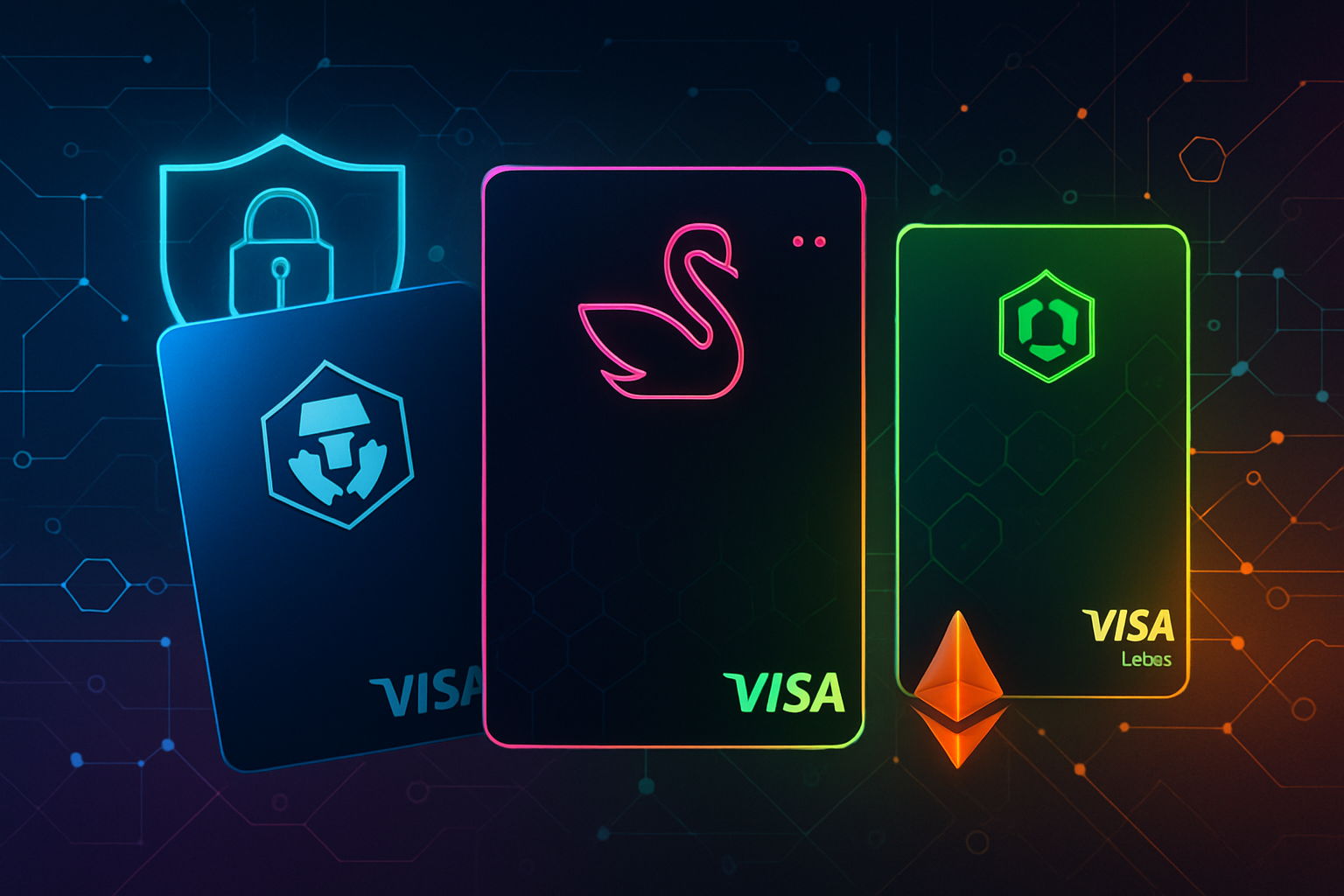
The convergence of on-chain reputation systems and governance token rewards is redefining what it means to own and use a crypto rewards card. No longer just a tool for earning cashback in digital assets, the next generation of crypto cards is empowering users to build verifiable reputation and influence protocol decisions directly from their wallets. As the landscape matures, five standout cards are leading this transformation by tightly integrating both on-chain status and governance incentives.
![]()
Why On-Chain Reputation and Governance Tokens Matter
Traditional rewards cards have always revolved around spend-based incentives, but Web3 communities demand more than just transactional perks. In decentralized ecosystems, reputation is a currency of its own, reflecting a user’s engagement, reliability, and trustworthiness. By linking card rewards to on-chain reputation, platforms can create sustainable, merit-based incentives that reward not just spending, but meaningful participation.
The integration of governance token rewards takes this further. Instead of earning passive tokens, cardholders receive assets that grant them real voting power in DeFi and Web3 protocols. This new model turns everyday spending into an opportunity to help shape the future of these projects, aligning personal financial interests with the health of the broader ecosystem.
Top 5 Crypto Rewards Cards Integrating Reputation and Governance
Top 5 Crypto Rewards Cards Empowering Users with On-Chain Reputation & Governance
-
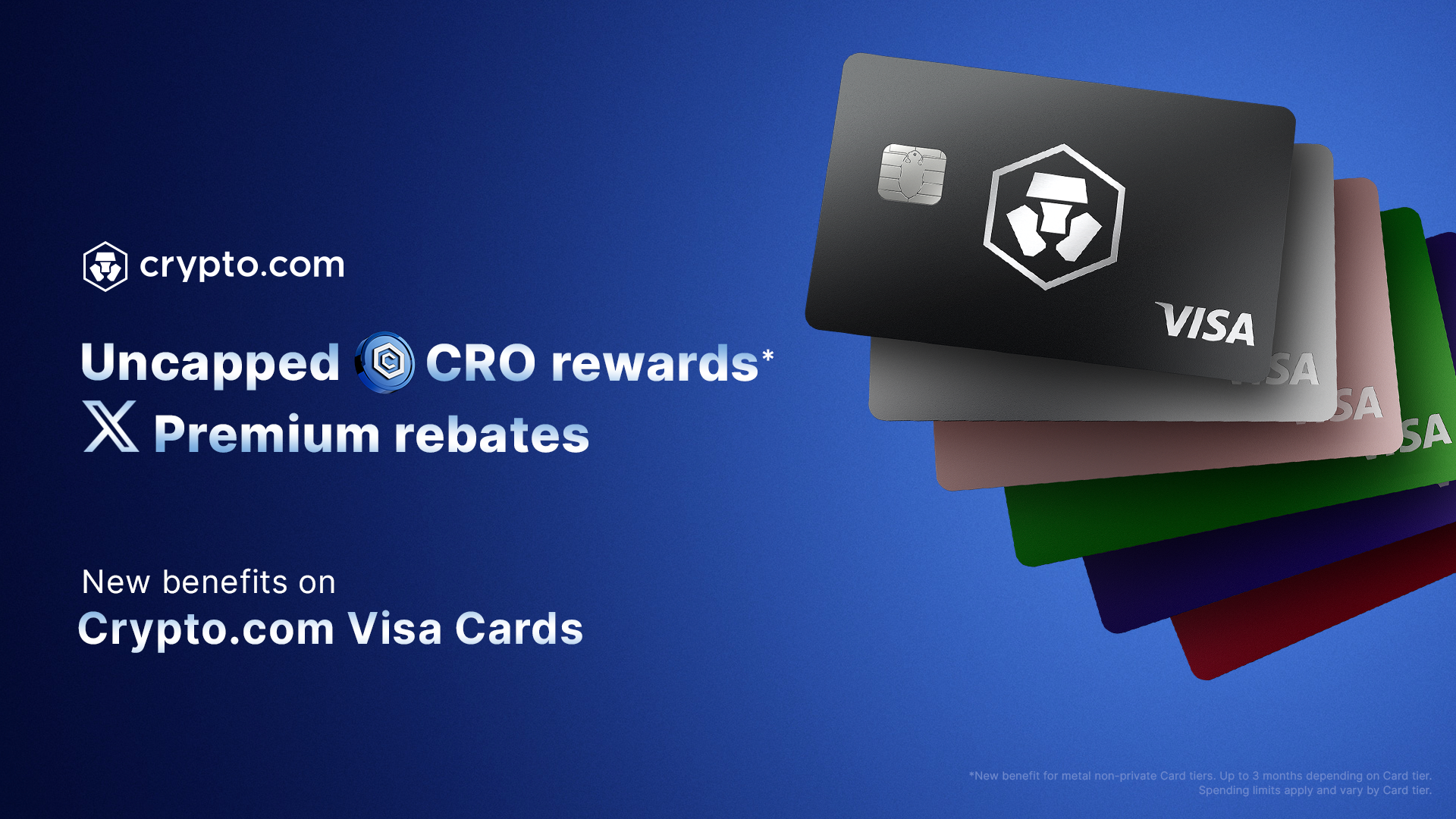
Crypto.com Visa Card: Earn CRO token rewards (1.5%–8% back) with tiered benefits based on your staked CRO and on-chain activity. Cardholders gain access to exclusive perks and can participate in Crypto.com governance proposals, directly influencing platform upgrades and community initiatives.
-
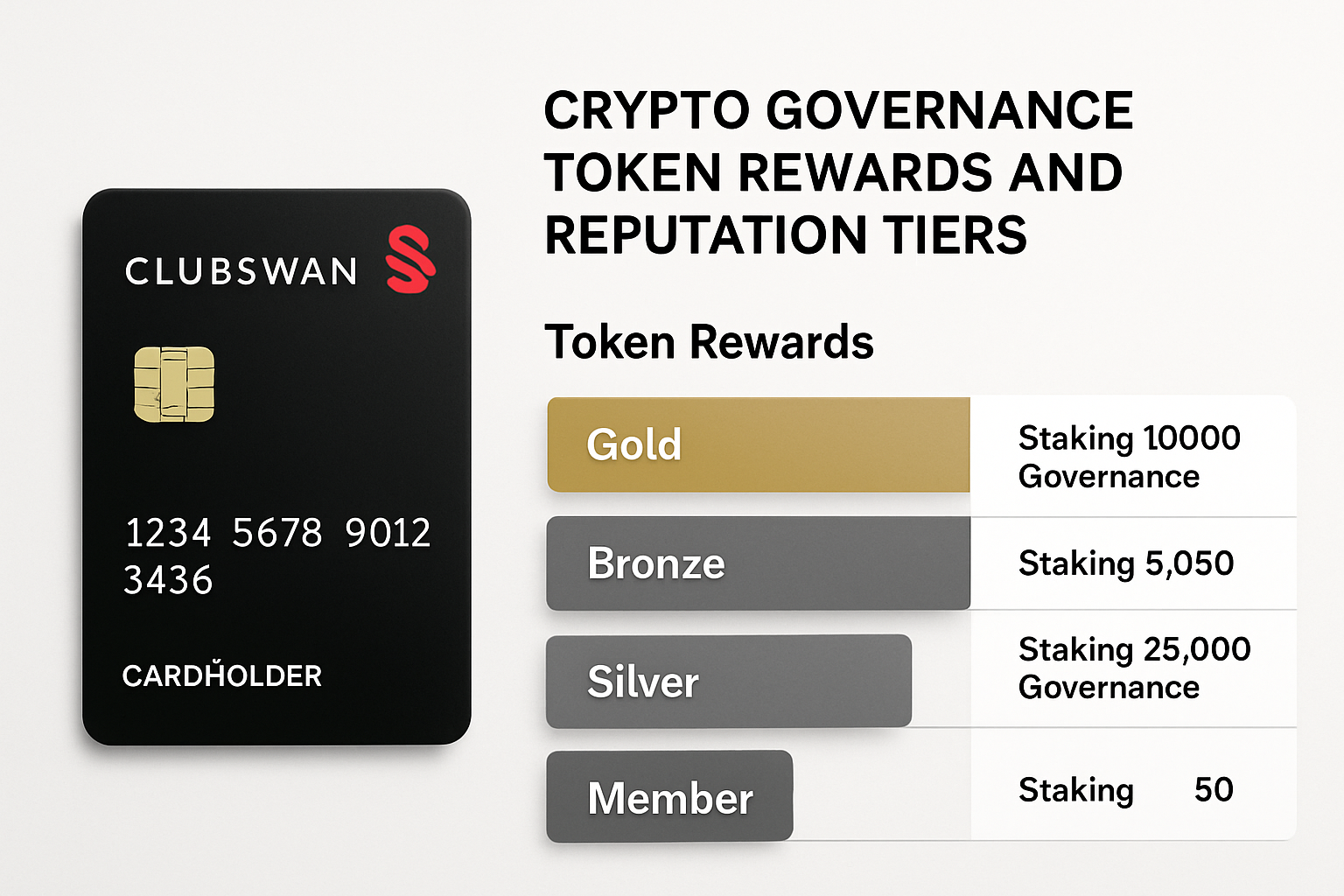
ClubSwan Card: This premium card introduces governance token rewards and a unique on-chain reputation tier system. Users climb status levels based on blockchain engagement, unlocking higher rewards and voting rights in ClubSwan’s evolving ecosystem.
-
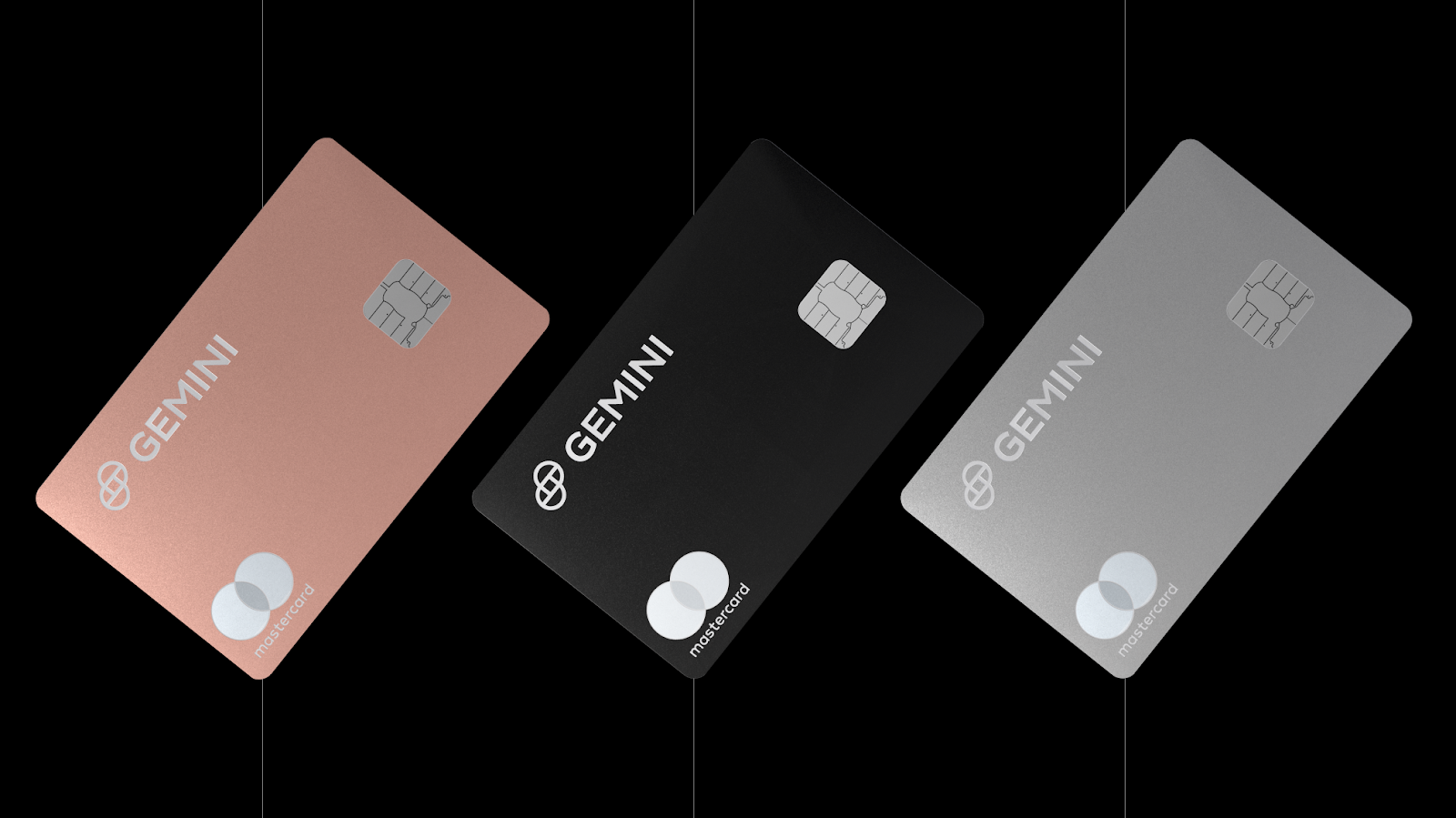
Monolith Visa Debit Card: Spend directly from your ETH or DAI balances and earn MATIC and DeFi governance token rewards. The card integrates on-chain reputation metrics, empowering users to participate in MakerDAO and Polygon governance while enjoying seamless DeFi spending.
-

Swipe (SXP) Visa Card: Unlock up to 8% back in SXP tokens by staking SXP and maintaining an active on-chain profile. Cardholders can stake SXP to access governance voting, shape Swipe’s product roadmap, and benefit from dynamic rewards based on reputation.
-
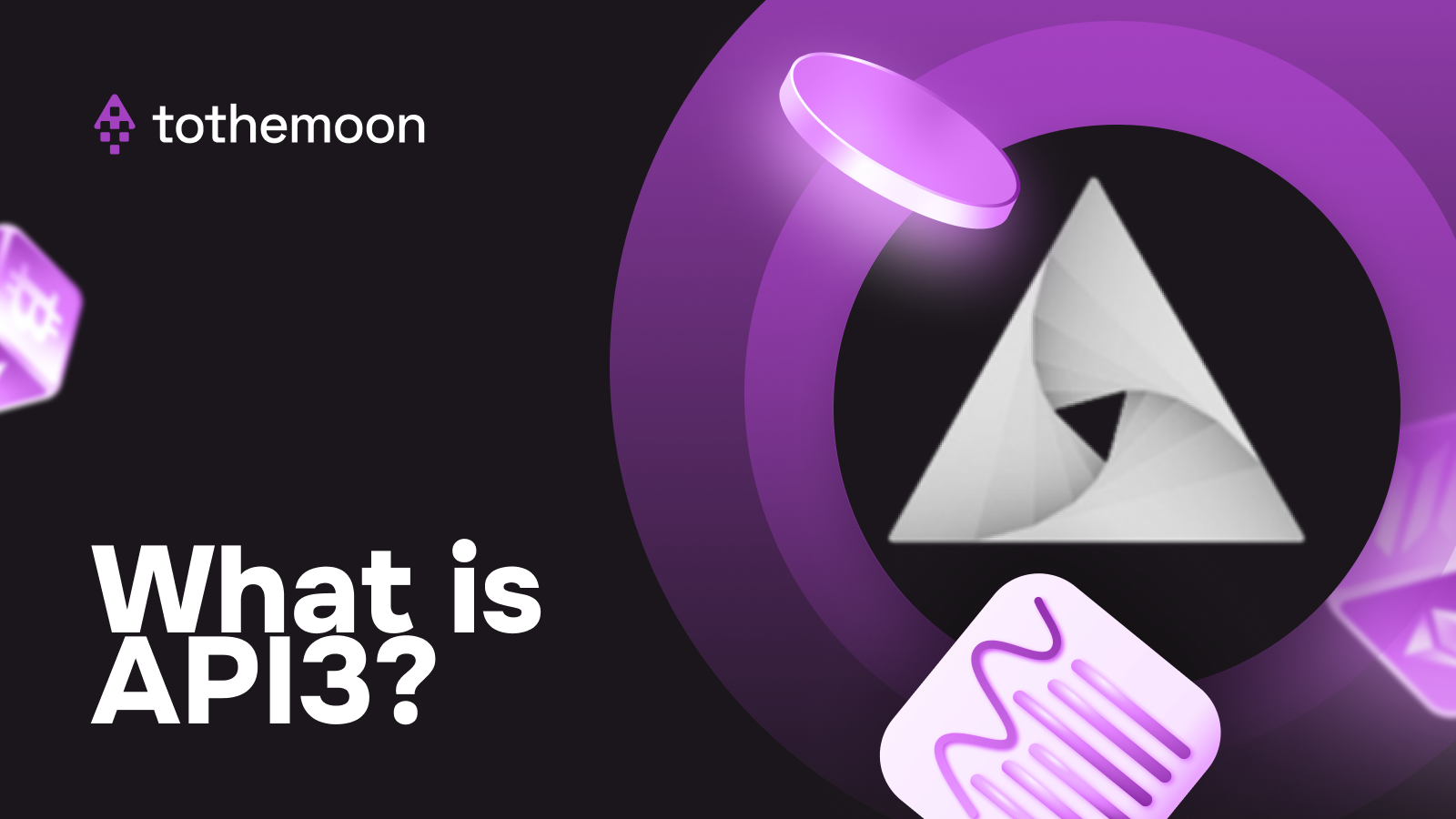
Plutus Card: Earn PLU token rewards on every purchase and join the Plutus DAO for real governance participation. The card’s on-chain reputation system boosts rewards for active users, giving them a direct voice in community decisions and protocol development.
Let’s examine how each of these leading cards is setting new standards for user engagement, governance, and rewards:
Crypto. com Visa Card: CRO Rewards and On-Chain Perks
The Crypto. com Visa Card remains a dominant force in the market, offering tiered CRO token rewards that scale with the amount staked. Holders can earn between 1.5% and 8% back in CRO, but what truly sets this card apart is its integration with on-chain perks. Cardholders who participate in governance and demonstrate long-term engagement unlock higher reward tiers and exclusive community benefits. This dual approach incentivizes both spending and active participation in the Crypto. com ecosystem.
ClubSwan Card: Governance Token Rewards and Reputation Tiers
ClubSwan is pioneering a multi-layered rewards structure that fuses governance token payouts with a dynamic reputation system. Users progress through reputation tiers based on factors like transaction history, staking activity, and governance involvement. Higher tiers unlock increased rewards in ClubSwan’s governance token, which can be staked for voting rights or additional perks. This approach directly links financial rewards to sustained, positive behavior and protocol stewardship.
Monolith Visa Debit Card: MATIC and DeFi Governance Integration
The Monolith Visa Debit Card delivers a unique bridge between DeFi and daily spending by rewarding users with MATIC tokens and integrating governance participation into its rewards logic. Cardholders earn MATIC on purchases and can opt in to receive governance tokens from leading DeFi protocols like MakerDAO. Monolith’s system also tracks on-chain activity, offering additional incentives for users who engage with DeFi governance or hold tokens over longer periods.
Building a Reputation-Based DeFi Lifestyle
As these cards demonstrate, the future of crypto rewards is about more than just earning tokens. It’s about building a verifiable on-chain reputation that unlocks deeper access to protocol governance, exclusive perks, and community recognition. For DeFi enthusiasts and power users, this represents a strategic opportunity to align daily financial activity with long-term influence and autonomy.
For a more detailed comparison of these cards and strategies to maximize your rewards, explore our guide on the best crypto rewards cards with governance token payouts.
Swipe (SXP) Visa Card: Governance Token Staking and Rewards
The Swipe (SXP) Visa Card stands out for its seamless integration of governance token staking with everyday rewards. Users earn SXP tokens with each purchase, but the real differentiator is the ability to stake SXP directly via the app, unlocking both higher cashback rates and on-chain voting rights. Swipe’s system recognizes active stakers and voters, granting access to exclusive features and higher limits based on a user’s ongoing engagement. This model rewards not just spending, but also a sustained commitment to protocol governance, making it an attractive choice for those who want their financial activity to have a tangible impact on the evolution of the Swipe ecosystem.
Plutus Card: PLU Rewards and DAO Governance Participation
Plutus Card blends flexible spending with direct DAO engagement. Cardholders earn PLU tokens on purchases, which can be staked to unlock higher reward tiers or used to participate in the Plutus DAO’s governance process. The card’s on-chain reputation mechanism tracks user activity, rewarding those who regularly vote or propose improvements with bonus PLU and access to special campaigns. This approach creates a virtuous cycle: the more you contribute to the ecosystem, the greater your influence and rewards. For users seeking a hands-on role in shaping a DeFi project’s future, Plutus offers one of the most direct paths from daily spending to protocol leadership.
What Sets Reputation-Based Crypto Cards Apart?
Unlike traditional rewards programs, on-chain reputation crypto cards are designed for long-term engagement. Your spending habits, governance participation, and even your willingness to stake tokens all contribute to a holistic reputation profile. This profile is increasingly valuable: it can unlock higher rewards, priority access to new features, and even special governance privileges within DeFi ecosystems.
For example, reaching top-tier reputation status with ClubSwan or Crypto. com doesn’t just increase your token rewards, it can also grant you early voting rights on protocol upgrades or invitations to exclusive governance events. Similarly, Monolith and Plutus incentivize users who consistently participate in votes or propose new ideas, deepening their connection to the protocols they use daily.
Top 5 Crypto Rewards Cards Leveraging On-Chain Reputation & Governance
-

Crypto.com Visa Card (CRO Rewards & On-Chain Perks): Earn 1.5%–8% back in CRO tokens based on your staked amount. CRO tokens unlock governance voting rights within the Crypto.com ecosystem, letting users influence network upgrades and community proposals. On-chain reputation factors may boost reward tiers and access to exclusive perks.
-

ClubSwan Card (Governance Token Rewards & Reputation Tiers): ClubSwan integrates governance token rewards with a tiered reputation system. Users earn governance tokens by spending and participating in community activities, which can be used to vote on platform developments. Higher reputation tiers unlock enhanced rewards and premium services.
-

Monolith Visa Debit Card (MATIC & DeFi Governance Integration): Spend from your ETH or DAI wallet and earn MATIC tokens as cashback. Monolith users can participate in DeFi governance by staking rewards, influencing protocol decisions, and benefiting from on-chain reputation scoring that tailors user incentives.
-

Swipe (SXP) Visa Card (Governance Token Staking & Rewards): The Swipe card offers SXP token rewards on purchases, which can be staked for higher cashback rates and governance participation. Users with strong on-chain activity and staked SXP gain increased voting power and access to exclusive card features.
-

Plutus Card (PLU Rewards & DAO Governance Participation): Plutus rewards users with PLU tokens for everyday spending. PLU holders can join the Plutus DAO, vote on proposals, and influence the platform’s direction. On-chain reputation is recognized through loyalty tiers, offering higher rewards and governance privileges.
Navigating the Evolving Crypto Rewards Landscape
As competition heats up, expect even more innovation at the intersection of governance token rewards cards and on-chain reputation systems. Emerging products are experimenting with NFT-based badges, dynamic reward multipliers, and cross-platform reputation scoring, all designed to make loyalty more meaningful and transparent.
For users, the key is understanding how each card’s system aligns with your goals. Are you seeking maximum passive rewards, or do you want a voice in protocol governance? Do you value flexibility across multiple ecosystems, or are you focused on building deep influence in a single community? By evaluating both the reward structure and governance features, you can tailor your card choice to your personal DeFi journey.
Ultimately, as Web3 matures, crypto rewards cards that integrate both reputation and governance incentives will set the standard for user-centric finance. By turning everyday transactions into opportunities for influence, these programs empower users not just as consumers, but as active stakeholders shaping the future of decentralized finance.






